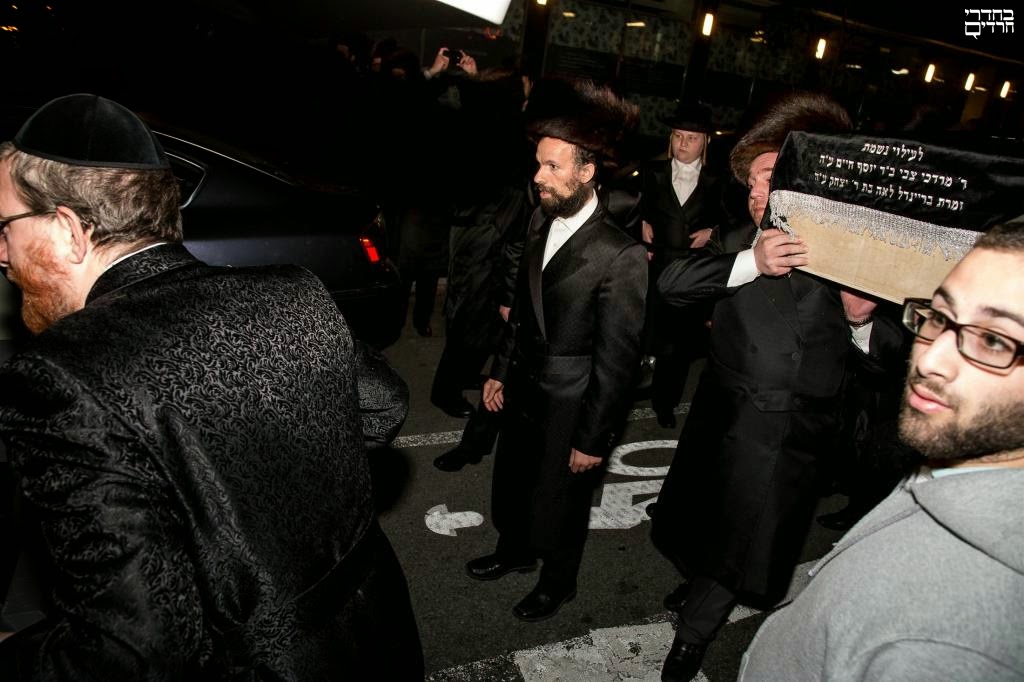House Majority Leader Eric Cantor was defeated by a little-known economics professor in Virginia's Republican primary, a stunning upset and major victory for the tea party.
Cantor is the second-most powerful member of the U.S. House and was seen by some as a possible successor to the House speaker.
His loss to Dave Brat, a political novice with little money marks a huge victory for the tea party movement, which supported Cantor just a few years ago.
Brat had been a thorn in Cantor's side on the campaign, casting the congressman as a Washington insider who isn't conservative enough. Last month, a feisty crowd of Brat supporters booed Cantor in front of his family at a local party convention.
His message apparently scored well with voters in the 7th District.
"There needs to be a change," said Joe Mullins, who voted in Chesterfield County Tuesday. The engineering company employee said he has friends who tried to arrange town hall meetings with Cantor, who declined their invitations.
Tiffs between the GOP's establishment and tea party factions have flared in Virginia since tea party favorite Ken Cuccinelli lost last year's gubernatorial race. Cantor supporters have met with stiff resistance in trying to wrest control of the state party away from tea party enthusiasts, including in the Cantor's home district.
Brat teaches at Randolph-Macon College, a small liberal arts school north of Richmond. He raised just more than $200,000 for his campaign, according to the most recent campaign finance reports






































